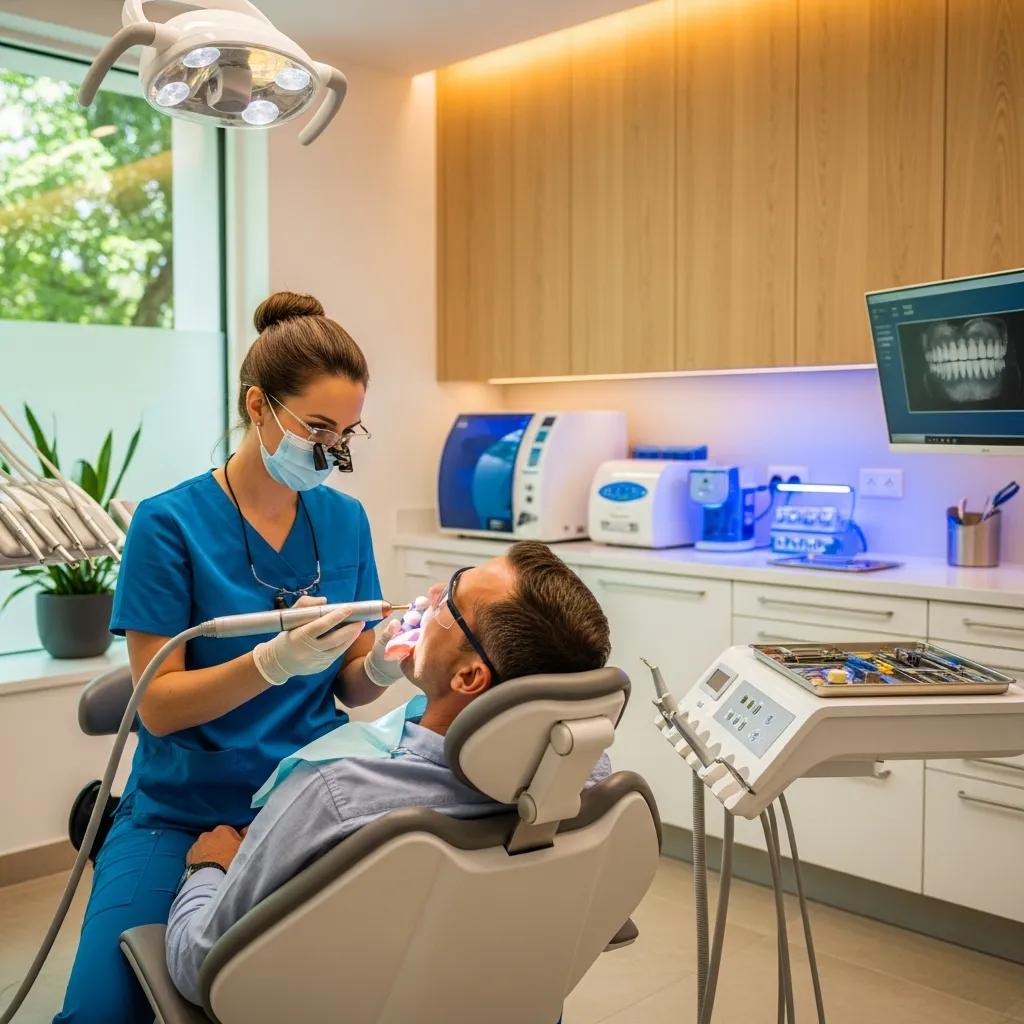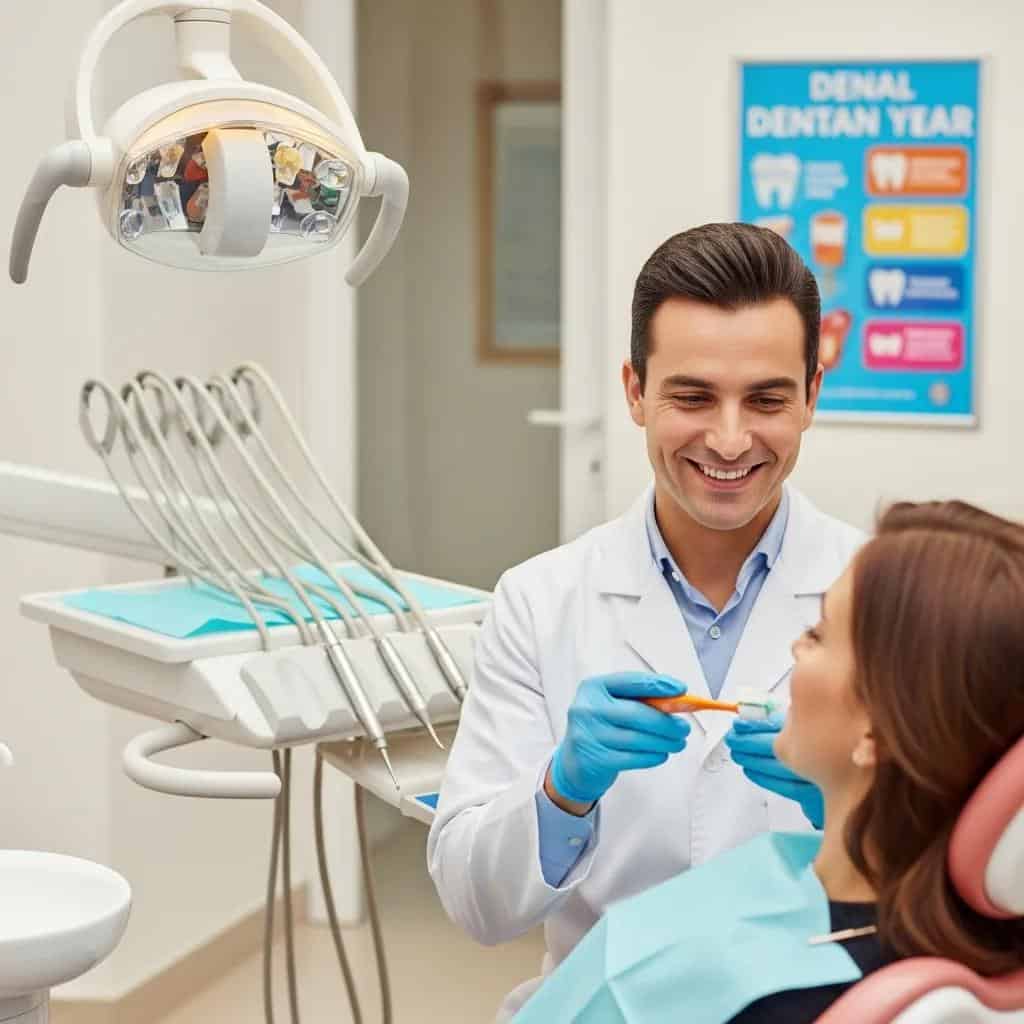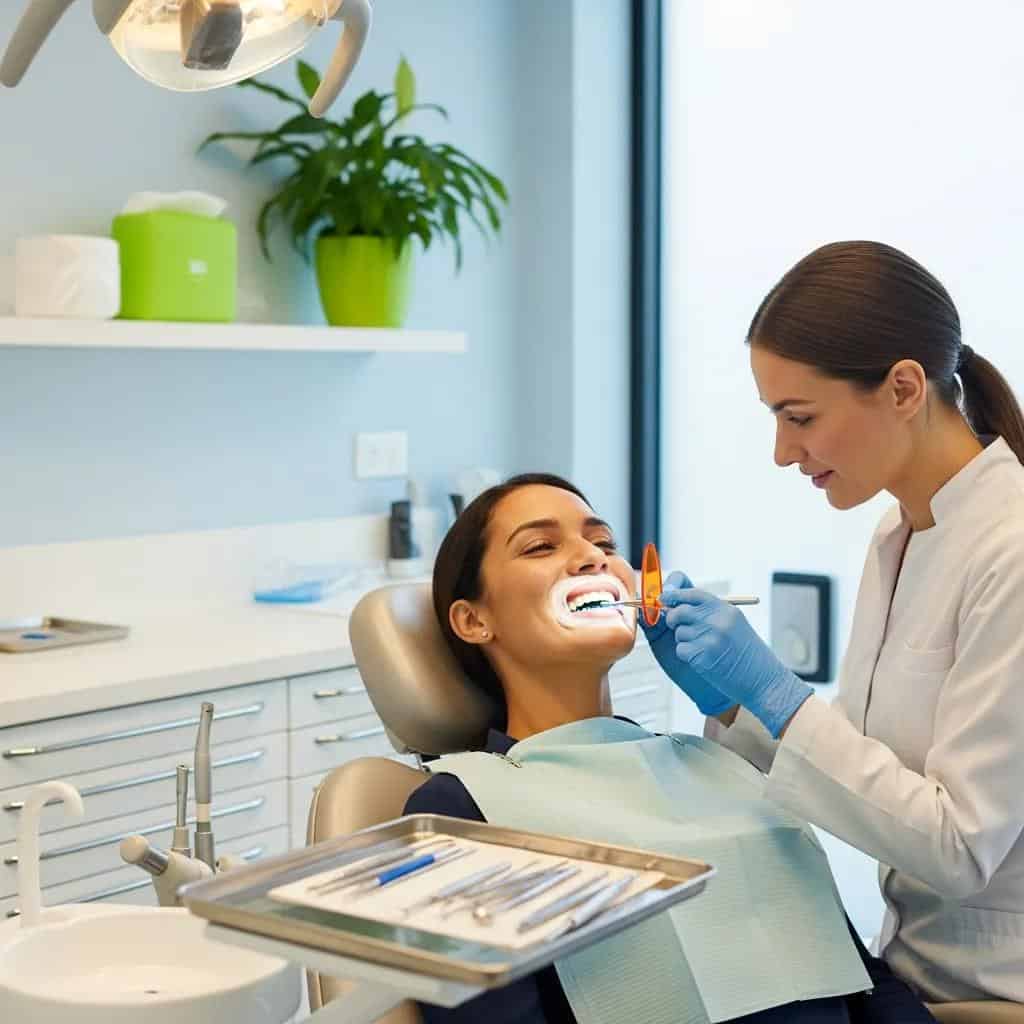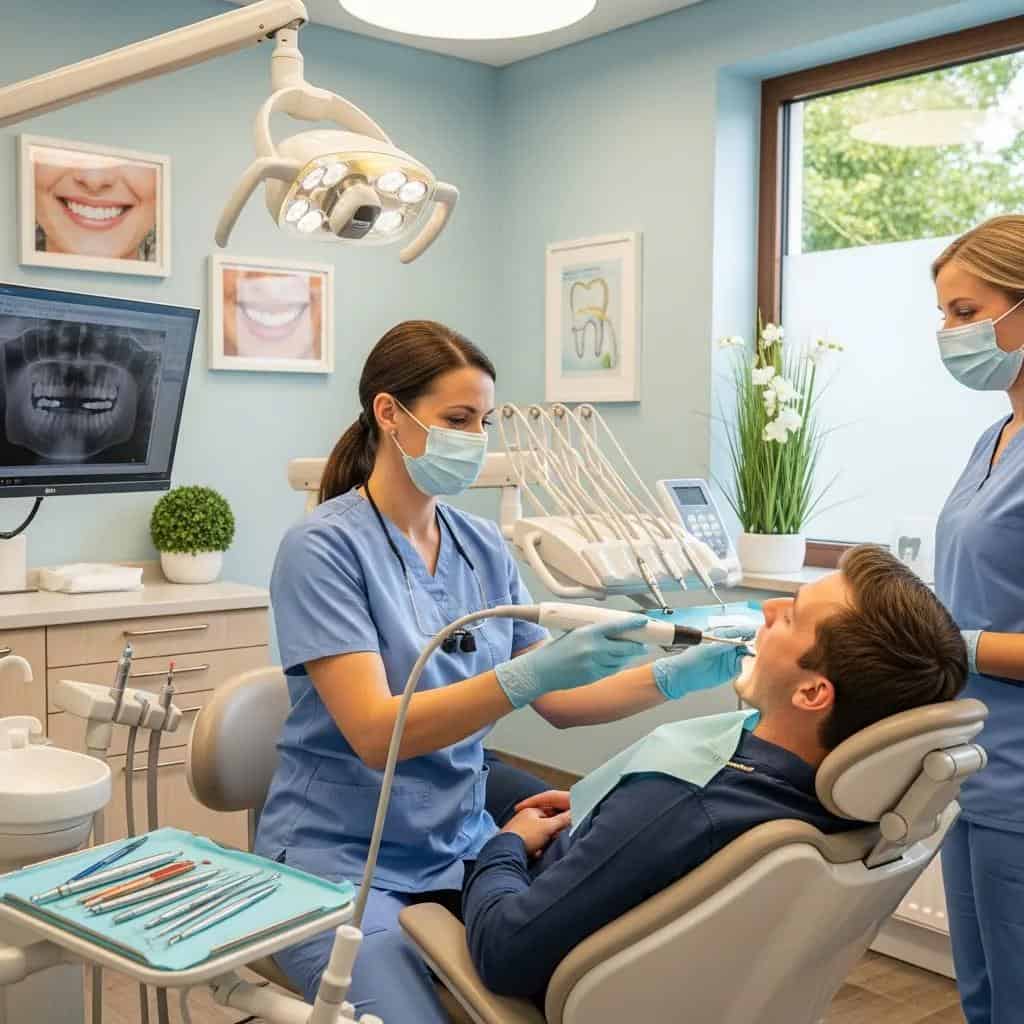Is Gum Good for Oral Health?
Did you know that popping a piece of sugar-free gum in your mouth can do more than just freshenyour breath? This simple habit offers surprising oral health benefits, from promoting fresh breathto enhancingdental hygiene.Let’sdive into the fascinatingtopicof chewing gum and discover how it can be a secret weapon for your dental health!
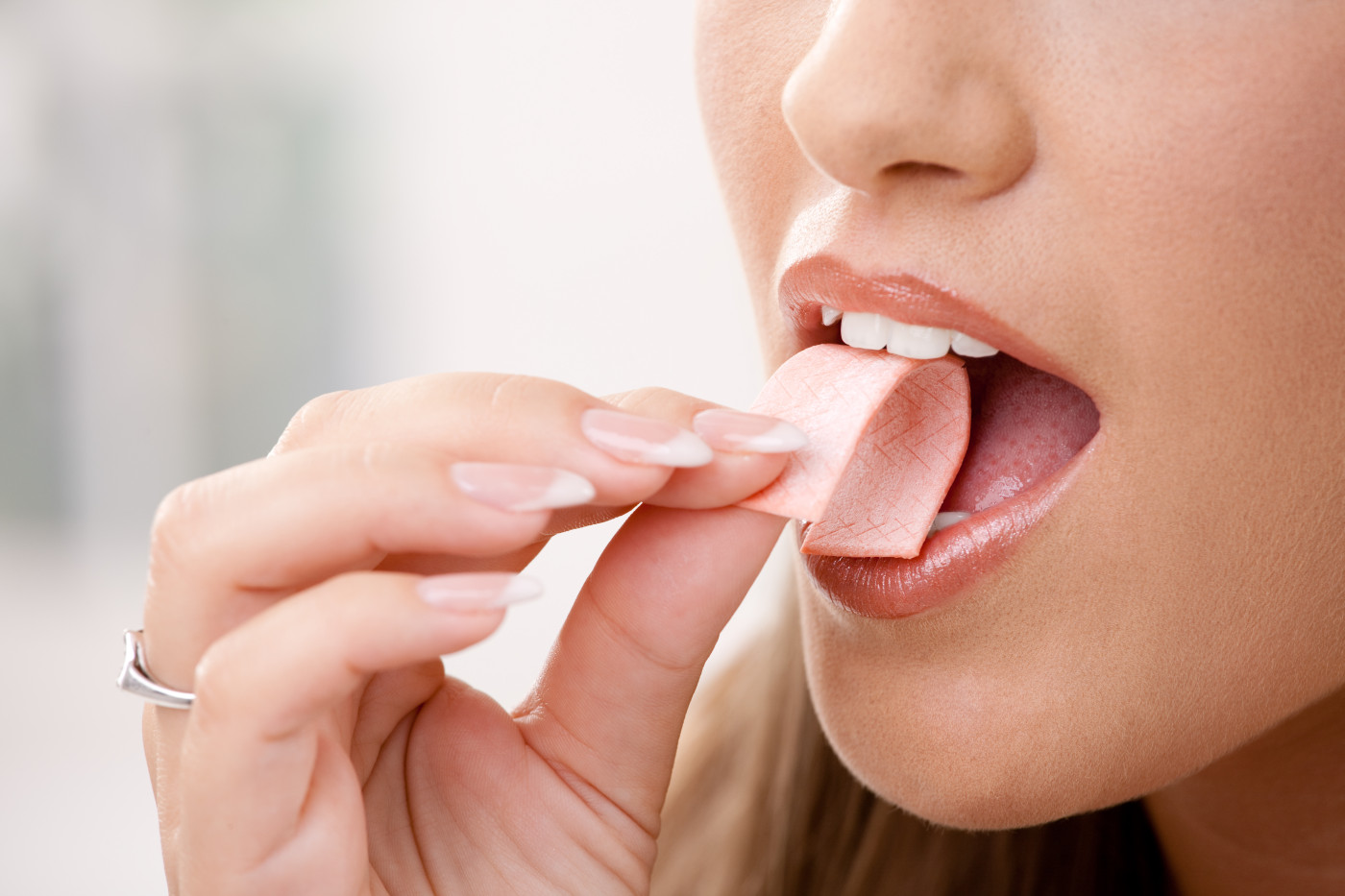
Why is Gum Beneficialfor Oral Health?
Studies show that chewing sugar-free gum for at least20 minutesafter meals can help prevent tooth decay. This is because chewing gum stimulates saliva production, which helps wash away food particles and plaque while neutralizing acids in the mouth.Additionally, the calcium and phosphate in saliva naturally fortify tooth enamel.
Gum is also a quick solution for badbreath, clinically termed halitosis. Whether youjust had a garlic-heavy meal or simply have a funkytaste in your mouth, chewing gum instantly improves the smell of your breath.However, chronic halitosismay indicatemore serious oral health issues, such as cavities or gum disease. If you experience persistent bad breath, it isimportant to schedule an exam with your dentist.
Benefits of Chewing Sugar-Free Gum:
- Prevents Tooth Decay:The increased saliva flow from chewing gum helps wash away food particles and neutralize acids.
- StrengthensEnamel:Saliva containscalcium and phosphate, which fortify tooth enamel.
- IncreasesSaliva Production: More salivapromotesa cleaner mouth.
- Freshens Breath:A quick fix for bad breath helps avoid embarrassingsituations.
Sugar-Free Gum vs. Standard Gum
All the benefits of chewing gum only apply when the gum is sugar-free. Many gums containsugar, which can increase the risk of cavities.To ensure your gum is sugar-free, lookforones withtheAmerican Dental Association (ADA) Seal.Sugar-free gum often containsnon-cavity-causing sweeteners like xylitol, a natural sweetener that researchhasshown can reducecavity-causing bacteria in plaque. Xylitol also neutralizes bacterial acids, helping to strengthen enamel and protect it from decay.
Can Chewing Gum Replace Brushing and Flossing?
The ADAadvisesbrushing your teeth twice daily with fluoride toothpaste to effectively combat plaque buildup and prevent cavities. Furthermore, flossing once a day is essential for cleaning between teeth and under the gumline. Incorporating these practices into your daily routine ensures comprehensive dental hygiene and helps maintainlong-term oral health.

So, grab a piece of sugar-free gum and give your smile a boost! It'sa tasty and convenient way to support your dental health.Just remember, nothing beats brushing,flossing, and regular preventive dental care to keep those pearly whites in top shape.



